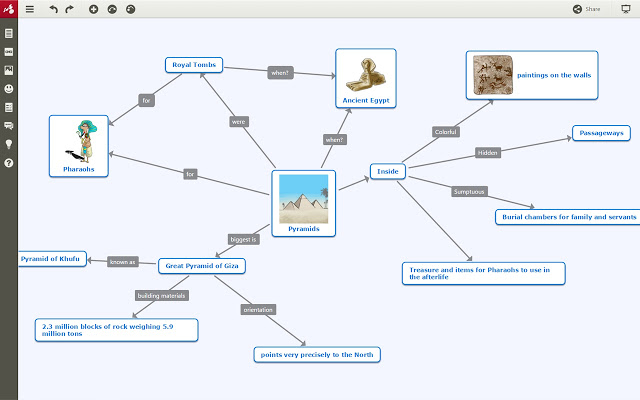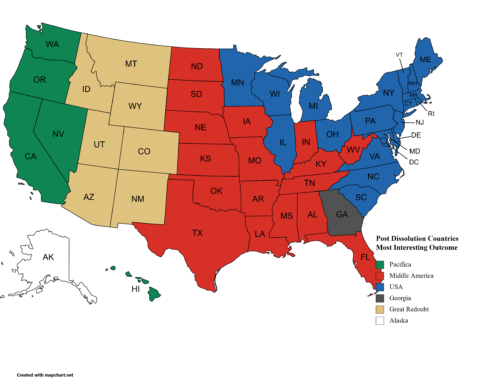The higher you rise in any field the more important it is for you to be open to changing your mind. Steve Levitt and Stephen Dubner of Freakonomics (http://freakonomics.com/) fame say that the single greatest mistake leaders make is ignoring evidence. Maria Popova, the brilliant thinker and connector at Brain Pickings (http://www.brainpickings.org/) says you should “allow yourself the uncomfortable luxury of changing your mind.” And I have said more times than I can remember that truth isn’t good or bad, it just is. Furthermore, truth doesn’t change based on the rank of the recipient.
So what does this have to do with ideas and connections? You can only learn more about any field and how it relates to other fields by connecting with people and ideas outside your own cocoon. Gone are the days of super specialization in a given field. If you cannot explain how you relate to the world around you, then you will probably be replaced by someone who can. Whether it is senior managers learning social psychology, biologists learning physics, or military planners learning sociology, nobody in any field operates in a vacuum.
So how do we expand those idea connections? First, you have to prioritize inquiry and learning new things as part of your job, no matter what level you work at and in what field. Read. Make reading part of your business day. Have the courage and discipline to read on the job what will make you better in your job. If you are a senior leader and your day is too filled with day-to-day tasks and management of operations to read or inquire, then you are not properly delegating.
Next, what kinds of things should we read? This is where you get to make your own idea art. Pick up a book you have heard people talking about, or listen to a podcast you’ve been recommended, or open a magazine you’ve noticed on the reception table and dig in. If you allow yourself to do so, your mind will naturally take you to the next and the next and the next readings. Here are just a few that I can recommend that should pique your curiosity and help you make connections that you can at some point use in your work:
Books:
Blink – Malcolm Gladwell
Freakonomics – Levitt/Dubner
A Short History of Nearly Everything – Bill Bryson
Ender’s Game – Orson Scott Card
Magazines:
The Atlantic
Wired
Cicero
The Economist
Podcasts:
The Last Archive
99% Invisible
In Our Time
Cautionary Tales






Leave A Comment